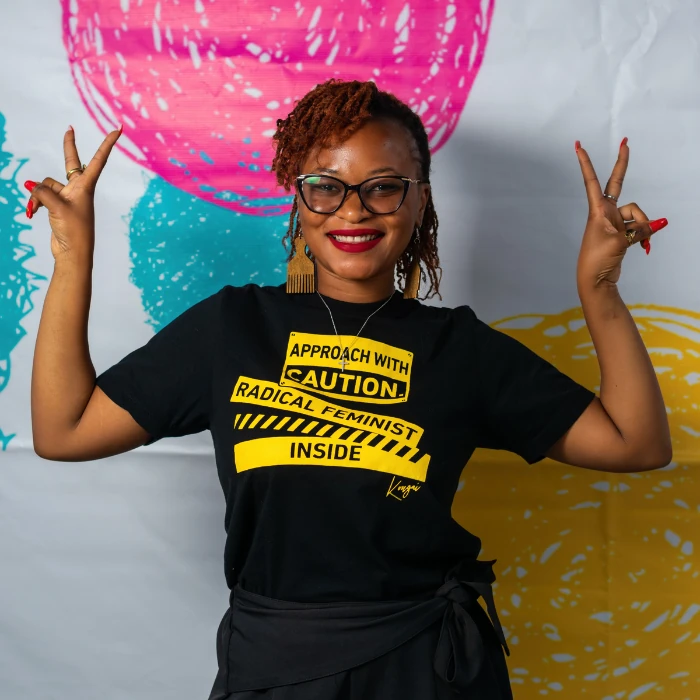When COVID-19 hit, Chipasha Mwansa and the projects around sexual and reproductive health and rights in which she worked had to shift drastically. The online spaces became central to grassroots work and the effort to reach girls and women in Africa.
In this episode, our very able hosts Youlendree and Kerubo invite Chipasha Mwansa; a feminist and activist working for Akina Mama wa Afrika, a Pan-African feminist organization. Listen as they explore whether the digital space can adequately accommodate and serve African women by implementing sexual and reproductive health and rights (SRHR) through an intersectional lens. This involves recognizing and addressing the multiple dimensions of identity and power that intersect and shape individuals’ experiences and access to SRHR services.
From her point of view, key considerations and approaches for implementing SRHR with an intersectional context need to bear the following points in mind [among others!]: understanding how intersectionality functions in specific contexts, analyzing power strategies and having inclusive policy and program development, Chipasha also speaks about knowledge production, in conjunction with her reflections on how to apply that knowledge on the ground.

